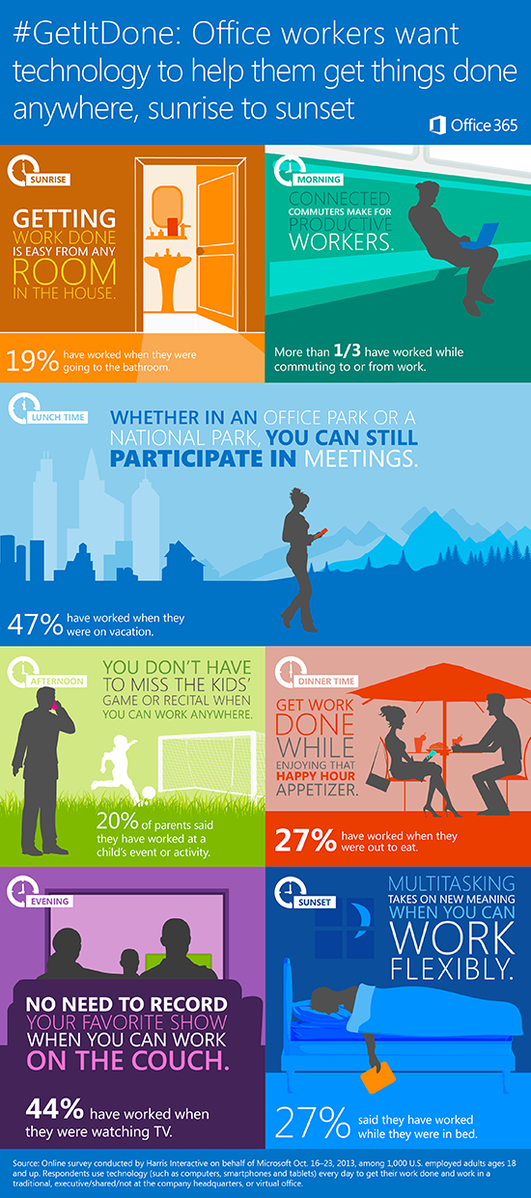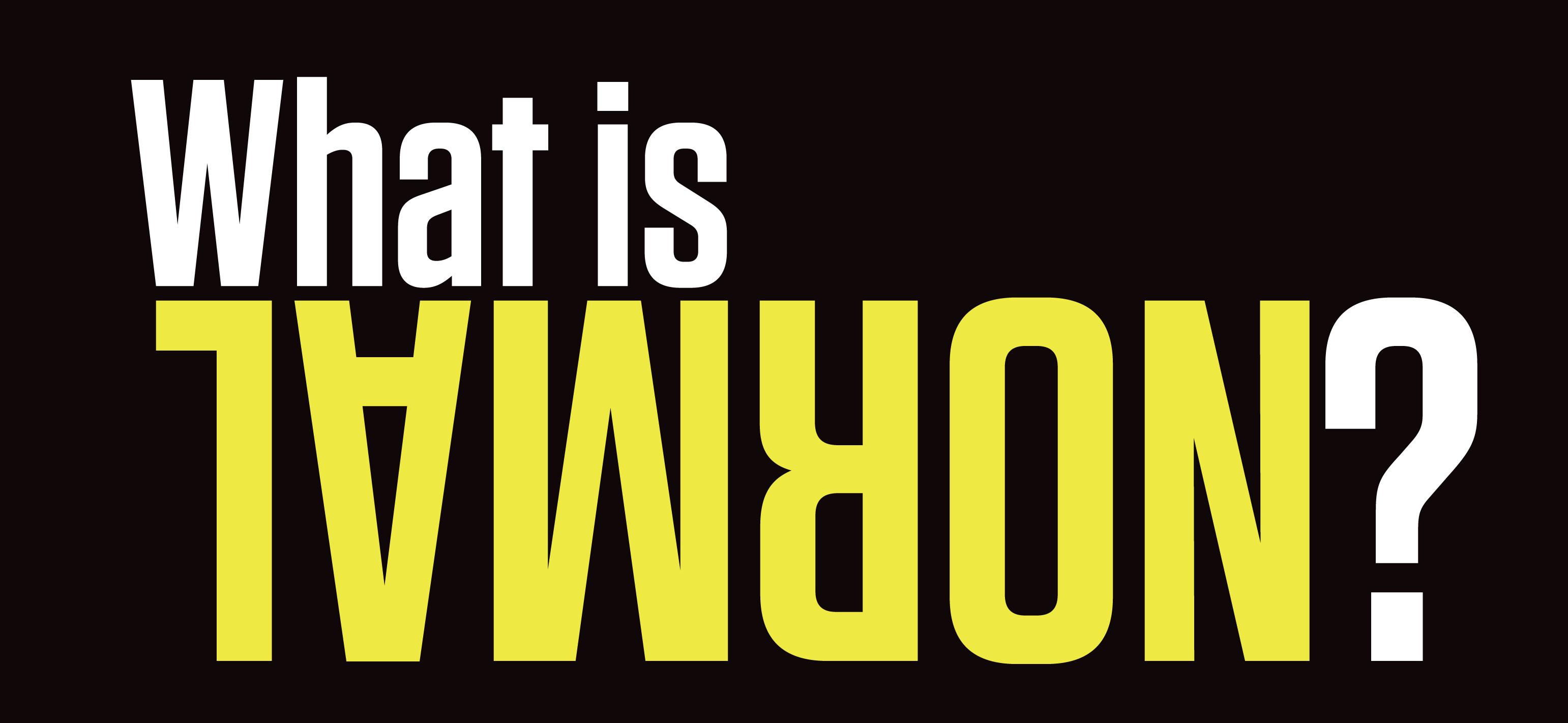 (This first appeared as a column in my church's newsletter.)
(This first appeared as a column in my church's newsletter.)
“And Mary said, ‘My soul magnifies the Lord, and my spirit rejoices in God my Savior,
for he has looked with favor on the lowliness of his servant.” Luke 1:46-47
In Luke’s Gospel, we are treated to one of the most beautiful moments of the Bible. As Mary visits her cousin Elizabeth to share the news of her pregnancy, she bursts into song with a glorious hymn that is known as the Magnificat.
“The Mighty One has done great things for me, and holy is God’s name.”
It is a wonderful and beloved song that has been adapted in countless songs and prayers over the years. (My personal favorite is a toss up between the version in “Holden Evening Prayer” and “The Canticle of the Turning.”) Like many familiar texts, however, it is so well known that we can sometimes forget the radical nature of its words.
“God has scattered the proud in the thoughts of their hearts.”
Mary sings in the song of God turning the world upside down, suggesting that the birth of Jesus is the start of a new order. In this new order, those with wealth and power are “cast down” and the poor, hungry, and weak are cared for by God.
“God has brought down the powerful from their thrones, and lifted up the lowly…”
In the stories we retell every year, we can see the way that Jesus began upsetting the status quo from the very beginning. Lowly shepherds are the first to hear the good news of his birth, wealthy astrologers from afar show up in a backwater town to bring gifts to this new child, and King Herod sends his army after him because he knows this child spells doom for his tyranny. As his ministry continued, Jesus continued to turn things upside down, comforting the sick and outcast and arguing with religious leaders and the powerful. Finally, he even turns death inside out on Easter weekend.
“He has helped his servant Israel, in remembrance of his mercy…”
For Advent this year, my church going to spend time considering this important and beautiful song that foretells Jesus’ meaning for the world. Under the theme of “Inside Out,” we’re going to look at the ways Jesus turns inside out how we view God, how we live, and even our very hearts. How do these words challenge our assumptions about ourselves and the world and push us out of our comfort zones? We will sing this song and listen for how it speaks of hope for today as well.
“Surely, from now on all generations will call me blessed.”
In this busy season of shopping and planning and parties, it may be good to hear a song that reminds us what God’s love means. In a world where there is so much crazy, trouble, and heartbreak, maybe things need to be turned inside out and upside down.
“…according to the promise God made to our ancestors, to Abraham and to his descendants forever.”
In God’s Amazing Grace,
Pastor Ari
"Wipe away all tears for the dawn draws near and the world is about to turn." -"Canticle of the Turning" (Hymn adaptation of the Magnifcat by Rory Cooney)

